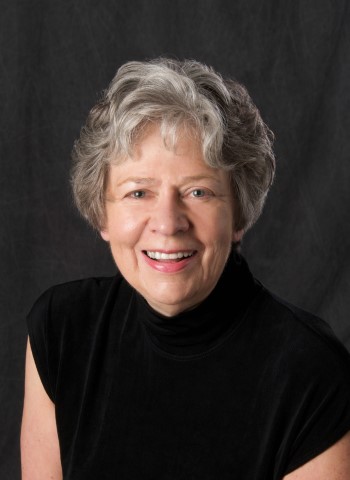
Every year, the Endocrine Society holds the Clinical Endocrinology Update (CEU), which brings together hundreds of endocrine clinicians for a unique learning experience and opportunities to network with expert faculty and colleagues.
The 69th Annual CEU will be held in Chicago from Saturday September 23 to Monday September 25, and is vital for any practicing clinician seeking the most trusted and clinically relevant information about recent advances in the field of endocrinology. Endocrine News caught up with Janet A. Schlechte, MD, chair of the CEU Steering Committee, to find out why this program is so vital to all clinicians regardless of how many years they have been in practice as well as the sessions she’s looking forward to the most.
Endocrine News: Who is 69th Annual CEU geared towards?
Janet A. Schlechte: CEU is designed for clinicians, fellows, and other individuals involved in the care of patients with endocrine disorders.
EN: In looking at the program, there seems to be an outstanding variety of topics covered in such a short period of time. Are there any sessions you are especially excited about this year?
JAS: Every year the committee is fortunate to have a multitude of topics and speakers to choose from as we assemble the program and each committee member has a favorite topic. We do our best to broadly cover important and evolving issues related to management of diabetes and endocrine disease.
Every year the committee is fortunate to have a multitude of topics and speakers to choose from as we assemble the program and each committee member has a favorite topic.
EN: How difficult was it in planning this year’s program, considering there are so many topics presented by so many experts from around the world? It is a challenge because there are so many topics that are interesting and important and not enough time for all. One of the strengths of CEU is the nationally and internationally recognized faculty.
EN: The Endocrine Board Review is co-located immediately following CEU. After people have spent three-days learning about the latest updates in endocrinology, why should they stay for the Endocrine Board Review?
JAS: While the board review course is designed to help those preparing for certification or rectification exams, every year, hundreds of CEU attendees attend EBR to continue their learning journey. Endocrinologists appreciate the 240 case-based scenarios that mirror what they see in practice, and learning from the experts about how to manage both simple and complex patient scenarios.
EN: Aside from the education sessions, what else can attendees expect to encounter while they’re at CEU?
JAS: Aside from being in one of the country’s most magnificent cities full of great architecture, entertainment, and restaurants, this is an excellent opportunity to network in a more personal environment with other endocrine professionals. This face-to-face time is something that I’m sure all attendees will find so valuable on a personal and professional level.
We do our best to broadly cover important and evolving issues related to management of diabetes and endocrine disease.
EN: Some people may think that if they attended ENDO in April that this CEU conference is not worth their time. Can you explain to us why it’s vital to attend both meetings?
JAS: While ENDO is also a great venue for clinical endocrinologists it is a larger meeting that focuses on recent scientific advances as well as the latest treatment options for patients. CEU is designed to emphasize clinical issues and to optimize interaction between clinicians and faculty.

